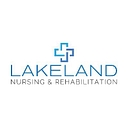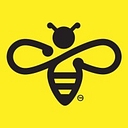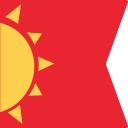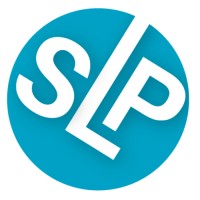Aziende che utilizzano Haskell
It is a general purpose language that can be used in any domain and use case, it is ideally suited for proprietary business logic and data analysis, fast prototyping and enhancing existing software environments with correct code, performance and scalability.
2,283
aziende
Elenco di aziende che utilizzano Haskell
curl --request POST \
--url "https://api.theirstack.com/v1/companies/search" \
--header "Accept: application/json" \
--header "Content-Type: application/json" \
--header "Authorization: Bearer <api_key>" \
-d "{
\"company_technology_slug_or\": [
\"haskell\"
]
}"Technology
is any of
Haskell
| Azienda | Paese | Settore | Dipendenti | Entrate | Tecnologie |
|---|---|---|---|---|---|
 Stati Uniti | Hospitals and Health Care | 201 | Haskell | ||
 Afghanistan | IT Services and IT Consulting | 79 | $29M | Haskell | |
 Nuova Zelanda | Furniture and Home Furnishings Manufacturing | 790 | $1.4B | Haskell | |
 Stati Uniti | Manufacturing | 2.4k | Haskell | ||
 Stati Uniti | Defense and Space Manufacturing | 7.1k | $34M | Haskell | |
 Stati Uniti | Primary and Secondary Education | 16k | $2.2B | Haskell | |
 Regno Unito | Banking | 85k | $22B | Haskell | |
 Stati Uniti | Hospitals and Health Care | 5k | Haskell | ||
 Stati Uniti | Hospitals and Health Care | 68 | Haskell | ||
 Stati Uniti | Financial Services | 1.5k | Haskell |
Abbiamo dati su 2,283 aziende e utenti che utilizzano Haskell. La nostra lista di utenti e clienti di Haskell è disponibile per il download e viene arricchita con specifiche aziendali vitali, tra cui la classificazione industriale, la dimensione organizzativa, la posizione geografica, i round di finanziamento e le cifre di fatturato, tra gli altri.
Statistiche sull'utilizzo della tecnologia e quota di mercato
Come indirizzare gli utenti di Haskell
- Come personalizzare questo elenco?
Puoi personalizzare questi dati in base alle tue esigenze filtrando per geografia, settore, dimensione dell'azienda, fatturato, uso della tecnologia, posizioni lavorative e altro. Puoi scaricare i dati in formato Excel o CSV.
- Come essere avvisati quando le aziende adottano questa tecnologia?
Puoi ricevere avvisi per questi dati. Puoi iniziare selezionando la tecnologia che ti interessa e poi riceverai avvisi nella tua casella di posta quando ci sono nuove aziende che utilizzano quella tecnologia.
- Come importare questi dati nel mio CRM?
Puoi esportare i suoi dati in un file Excel, che può essere importato nel tuo CRM. Puoi anche esportare i dati in un'API.
Domande frequenti









